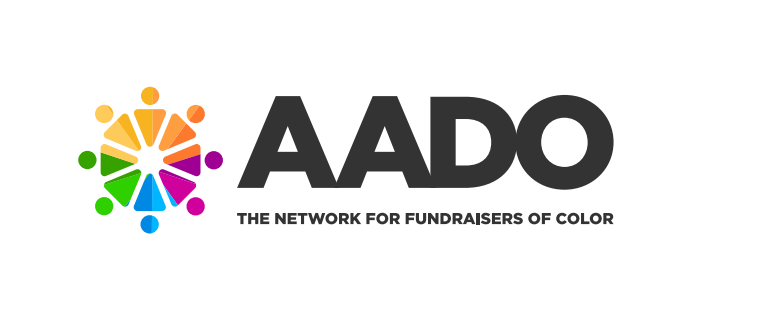Ashaki O. Charles
Member update - Ashaki O. Charles is currently:
Associate Vice President of Development at Bank Street
College of Education in New York City
Ashaki Charles is a senior advancement professional with success in all phases of the fundraising process working at leading institutions of higher education. She is now at Bank Street College of Education serving as the Associate Vice President of Development and has provided leadership for high-profile capital campaigns with direct experience in individual giving, executive board/affinity program development, special events, prospect research, as well as experience with capital campaign strategic planning and implementation.
Prior to Teachers College, she held frontline fundraising positions at Villanova University, the University of Pennsylvania and Columbia University. Ashaki began her development career as the Assistant Director of Development at Columbia University before moving to Philadelphia where she earned her M.S.Ed. in Higher Education at the University of Pennsylvania. While in that program, Ashaki focused her research on institutional advancement and served as a Graduate Assistant Fellow at The Penn Fund. Prior to fundraising, Ashaki worked for seven years in academic publishing leading successful marketing and sales campaigns. Her first global marketing campaign, won Prentice Hall’s “Business Publishing’s 2005 Book of the Year” - by the end of the year-long campaign tripled its market share and went from being the tenth to the third best-selling principles of marketing college textbook in the world.
A dedicated volunteer, Ashaki serves on the Alumni Executive Board at the University of Pennsylvania’s Graduate School of Education where she leads volunteer fundraising and engagement initiatives. Her particular interests include management of the philanthropic process and educational access and policy issues for underrepresented students.
What are you most proud of in your career?
I am proud to be part of an industry that collaboratively develops a vision of higher education for society.
Who inspires you?
My nephews inspire me. At only 3.5 years old, my eldest nephew D.J. is developing beautifully; he inspires me to appreciate the little things and the small wins … such as a hug, nap or an afternoon on his favorite swing in the park. I think donors pay attention to and value the little things that we do as fundraisers and those small moments inspire me to help my donors find joy as I move them across the donor commitment continuum in a meaningful way.
What do you do to recharge?
Often, after donor meetings and aggressive national travel, spending time with my family not only recharges me but grounds me.
What motivates you after a loss?
Not all things in life go as planned and I try to find the good in every situation. Also, I do not take things personally and ultimately, it’s NEVER about me. I’m really a conduit for advancing the work at Teachers College, Columbia University.
What do you love about being a fundraiser?
I truly love connecting with donors and hearing about their life and professional journeys.
What is the best advice that you have received related to your career?
Think of your career as a journey. Earlier in my career, I was more concerned with the end game and ultimate title of becoming a VP, until a mentor of mine who is now an AVP at the University of Chicago helped me really think about exploring my passions and personal and professional interests. Ultimately, understanding that process, who I am as a person, the institution that I’m serving, and strategic partnerships is what makes me a better fundraiser today.
What is something that you learned recently that you wish you had known early on in your career?
Don’t go after the money—I know this seems counter-intuitive, but in my experience fundraisers who chase money rather than developing meaningful relationships are doing themselves, their donors and their institutions a disservice. I know that there can be tremendous pressure from leadership, but don’t do it. It will hurt you, your donor and your organization in the long run.
What advice would you give to someone who wants to be a fundraiser?
You have to know yourself—This may seem odd, but if you don’t understand your own strengths and weaknesses, and know how to manage them by partnering with senior leadership, faculty, students, and staff, you will struggle in your daily work as a major gift officer. The role of an MGO is extremely complex and if you are not a healthy and balanced person you will struggle. So, you really have to know yourself and understand who best to strategically partner with in the gift process.

